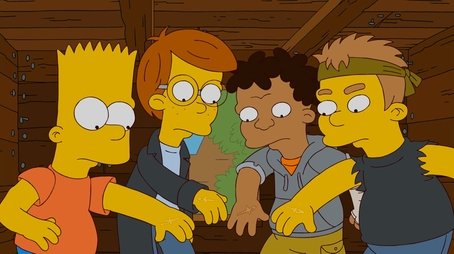
Sorry, we have not watched this yet.

Marge reconnects with a close group of mothers she used to be friends with; Bart tries to break up their group when his playdates stop being fun.
Sorry, we have not watched this yet.